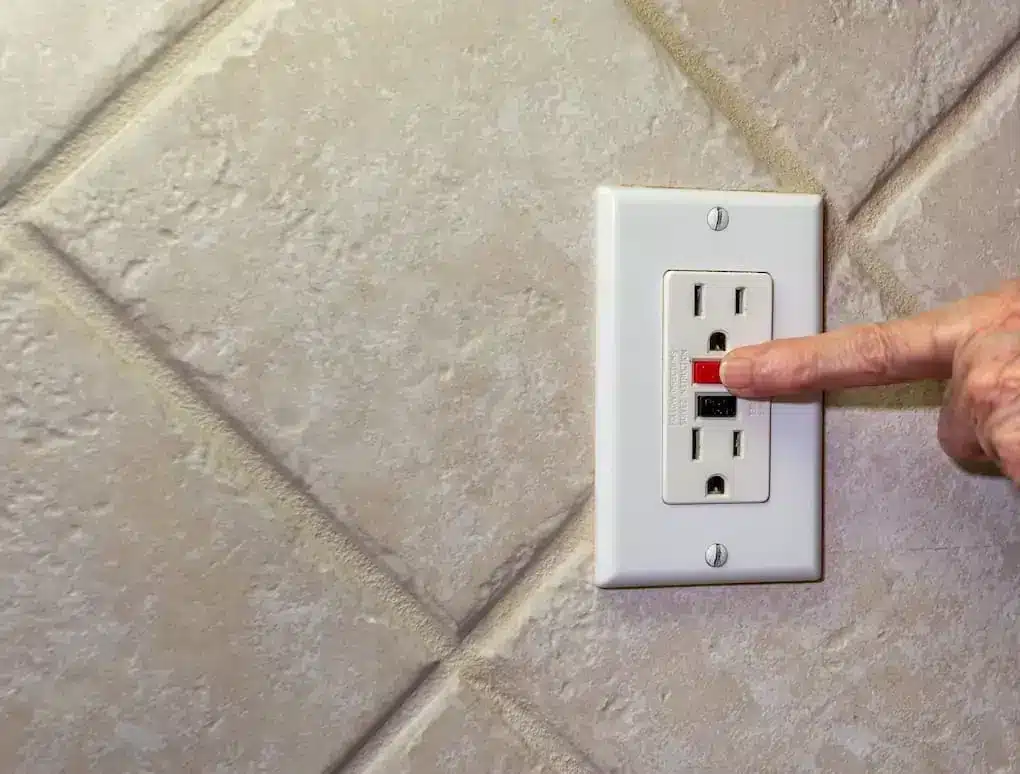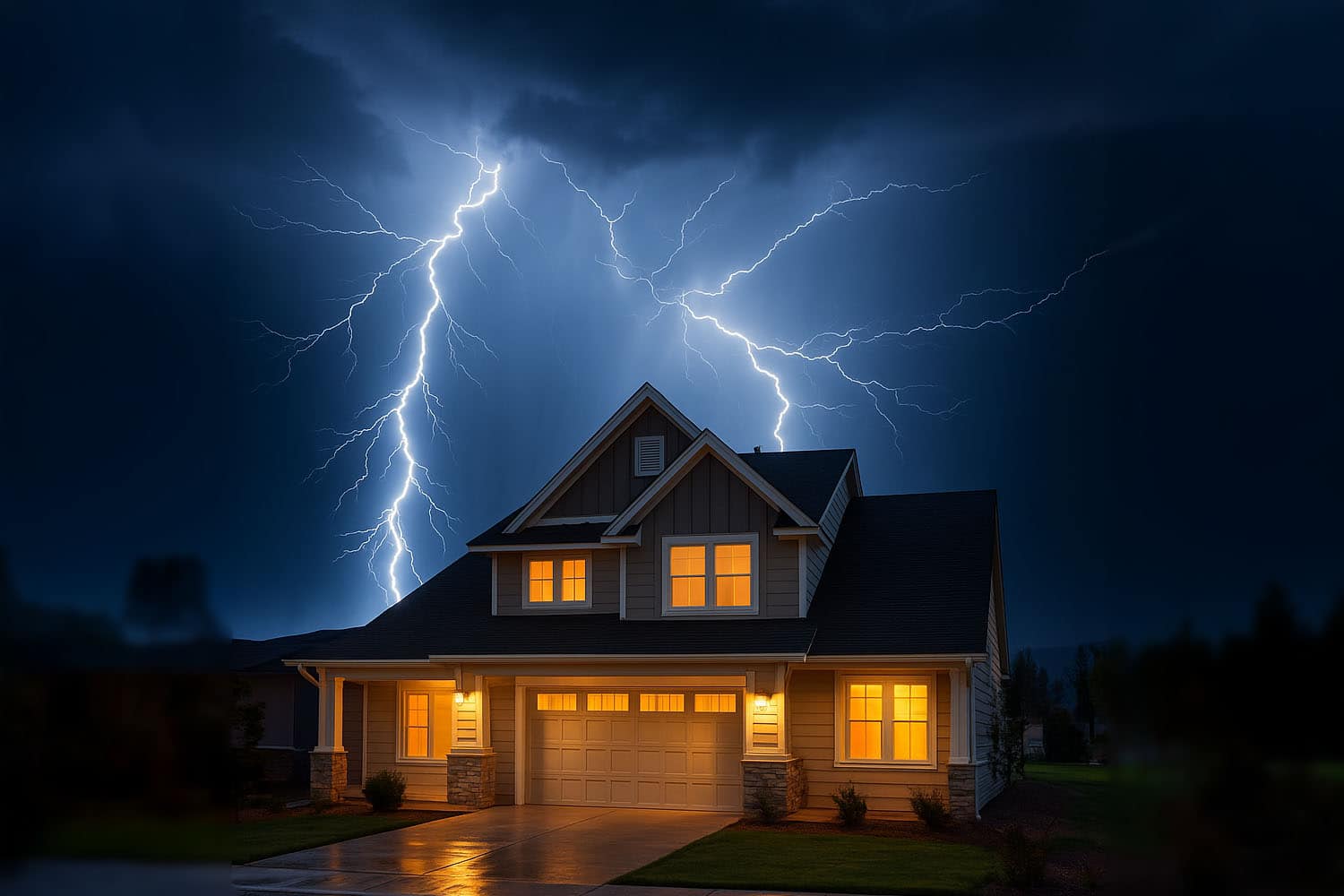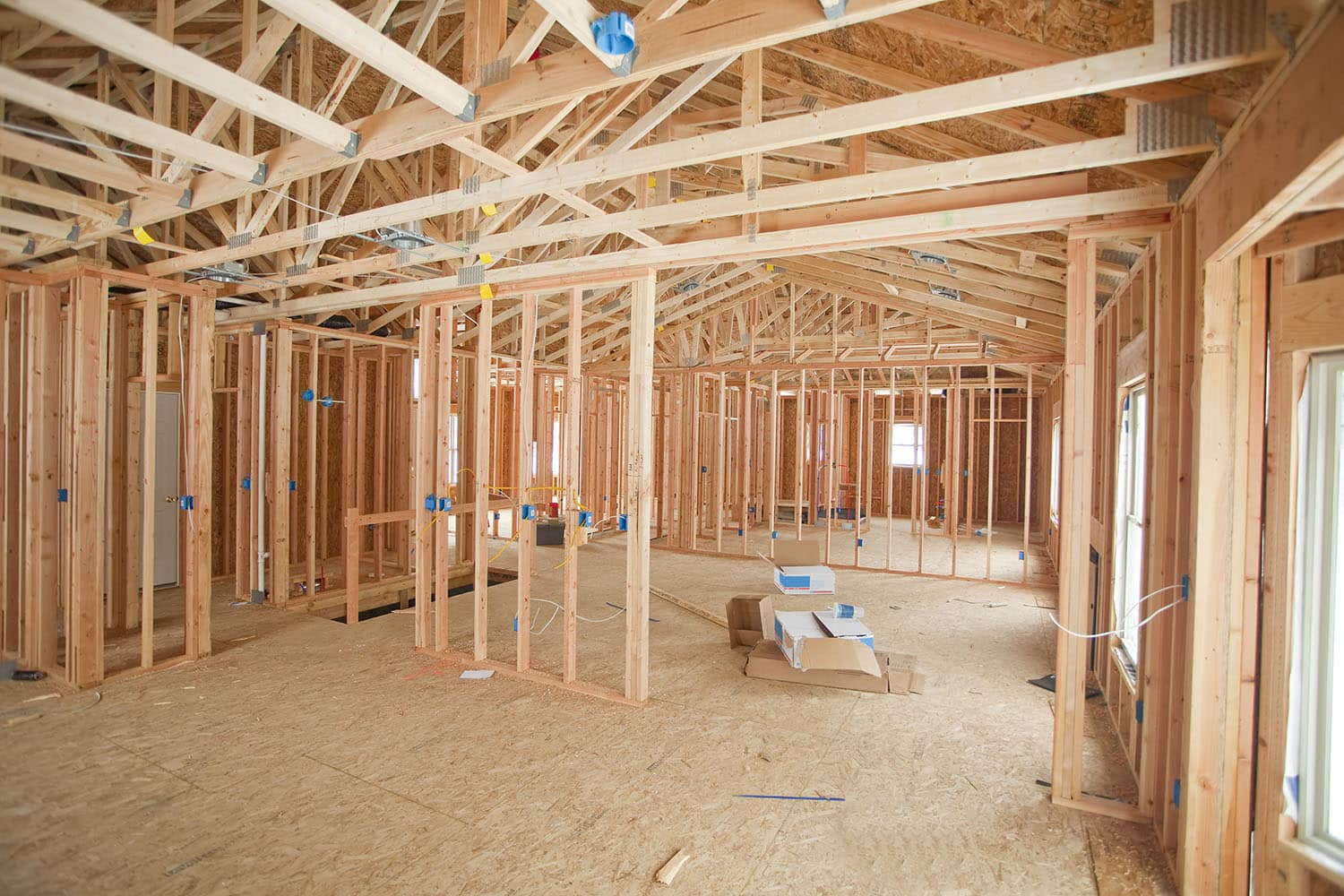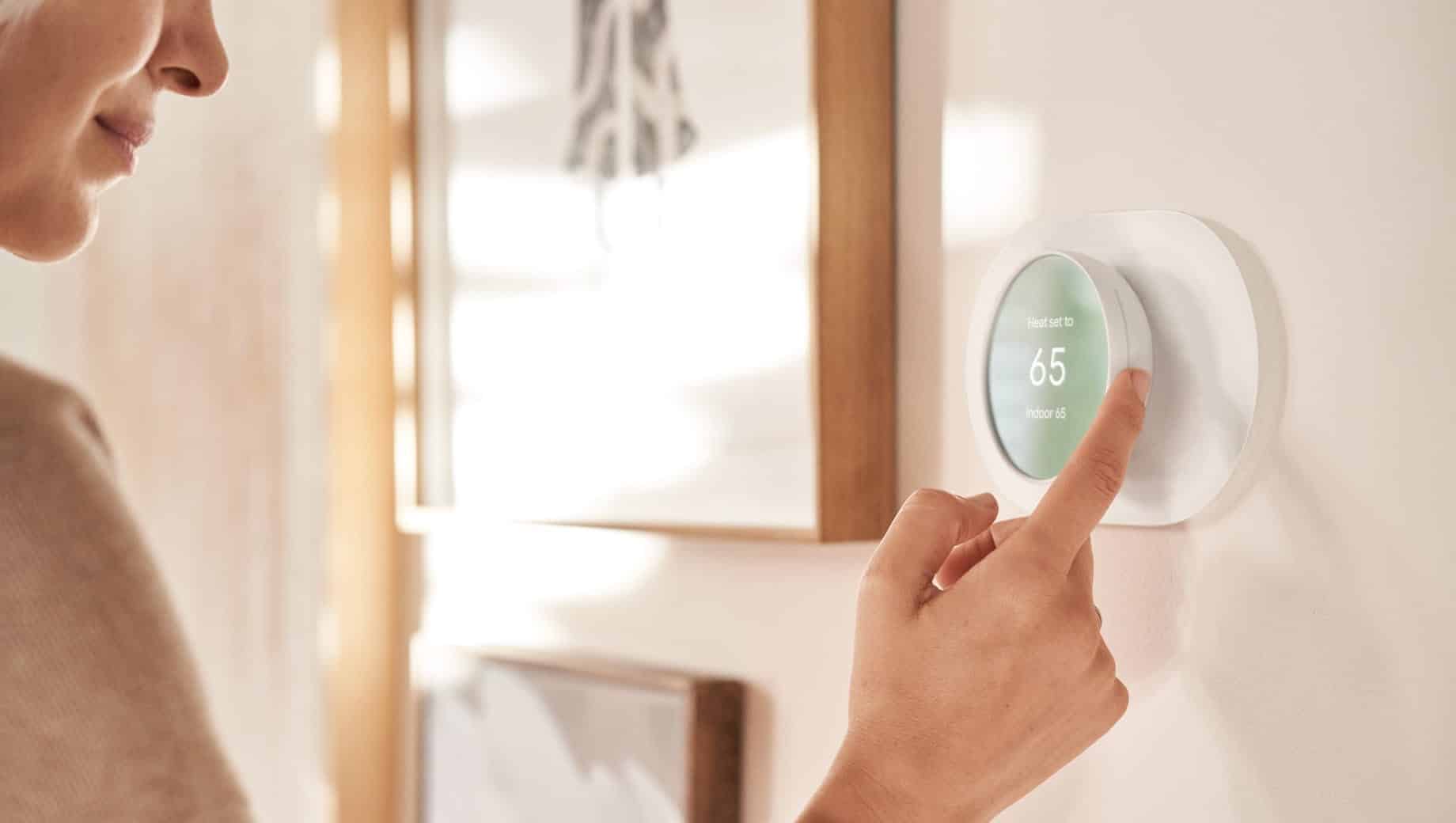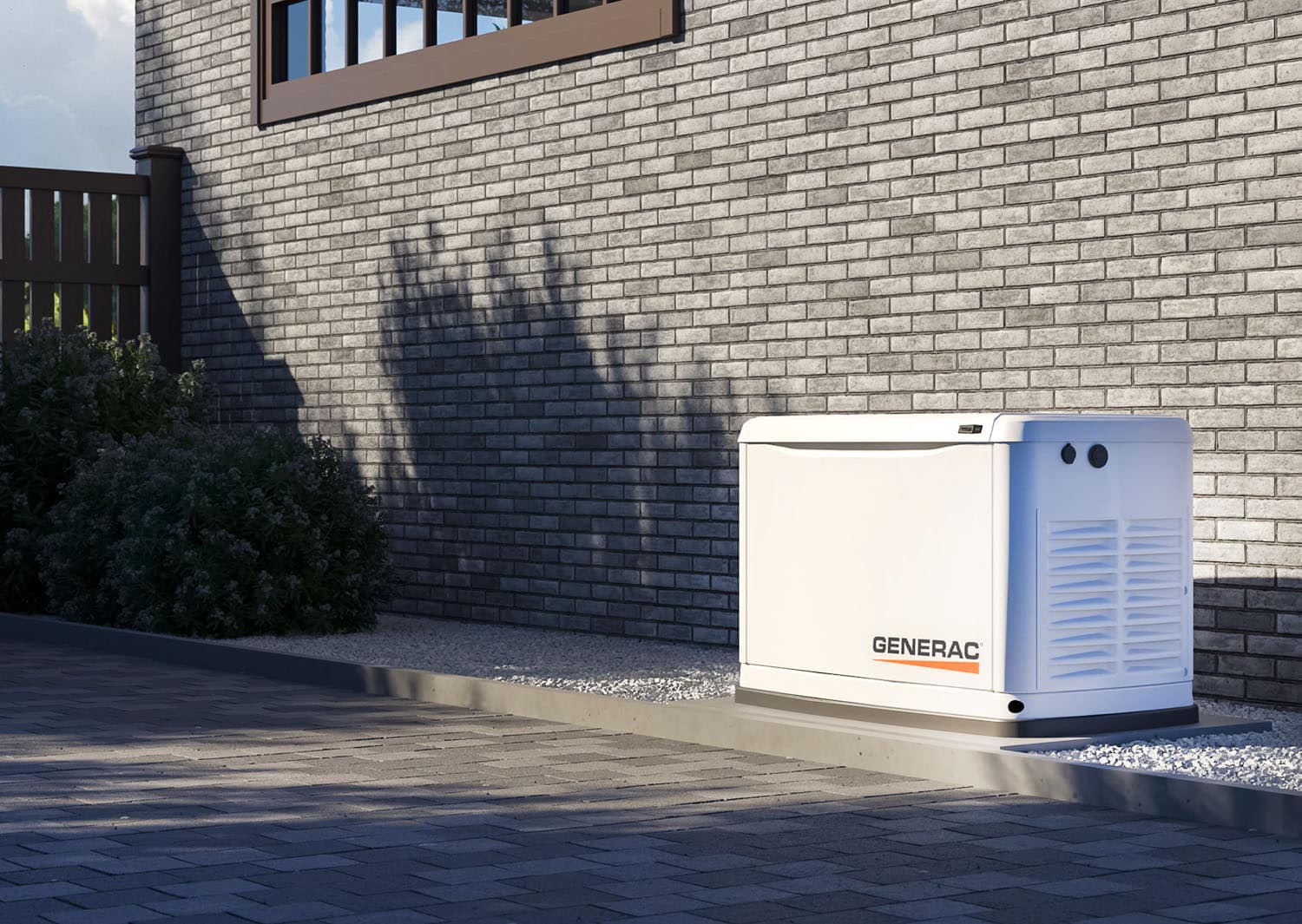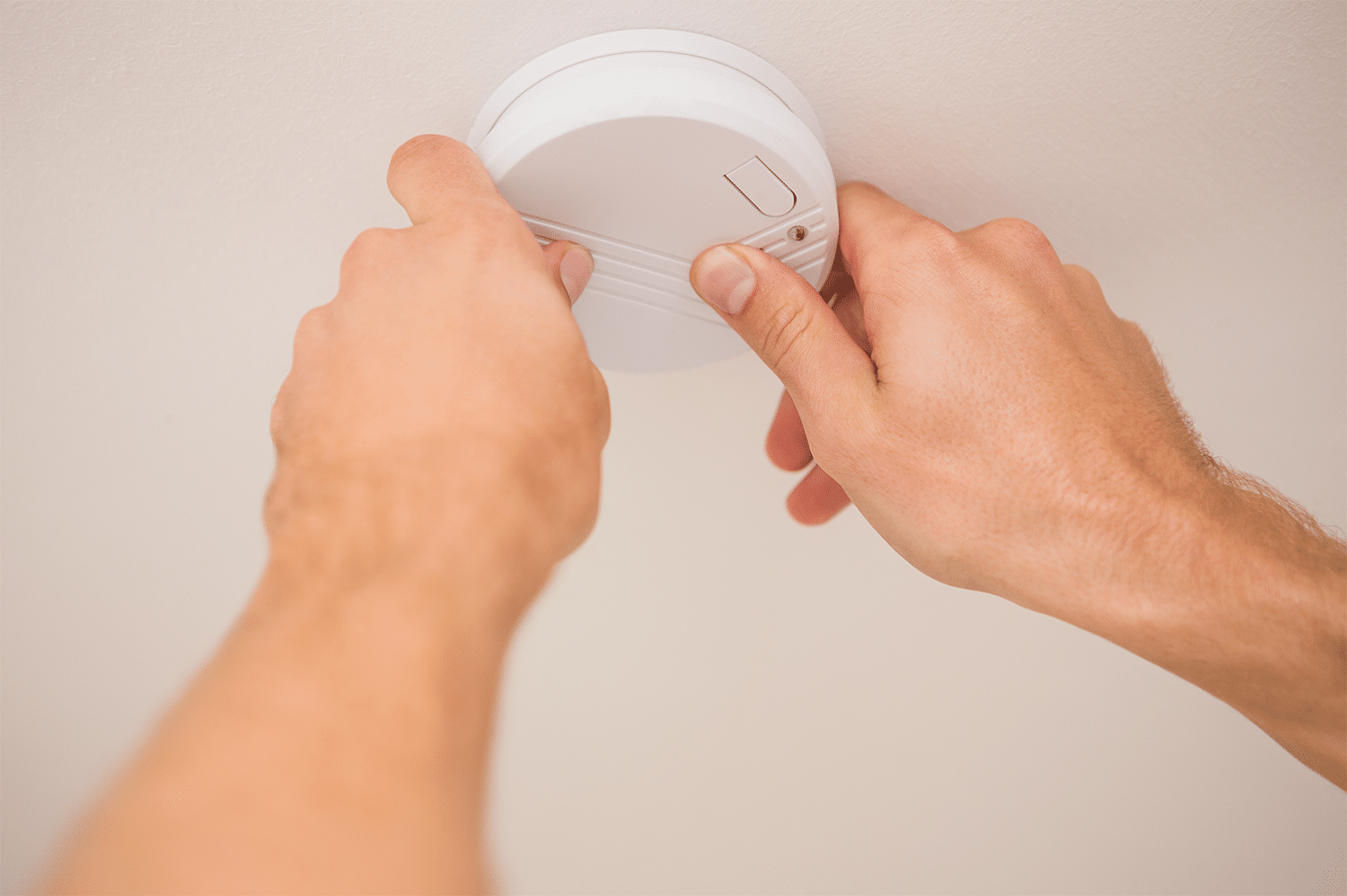
6 Questions You May Have About Carbon Monoxide
Covered In This Article:
In case you didn’t know, January is Carbon Monoxide Safety Awareness month. Being aware of this poisonous, colorless, and scentless gas is crucial for the health and safety of you and your family. We’ve got a rundown of the six most common questions (and their answers) so y’all can be up to snuff on your carbon monoxide knowledge.
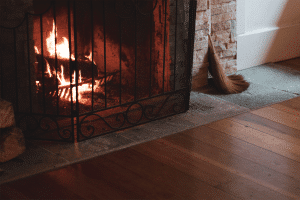
Though cozy, a wood-burning fireplace can be a source of CO in a home.
How is Carbon Monoxide (CO) Made?
Carbon monoxide (CO) is produced by the incomplete burning of carbon-containing fuels. These could be coal, wood, oil, kerosene, propane, natural gas, or charcoal. Heating boilers, gas-powered water heaters, portable generators, lawnmowers, and cars all also produce carbon monoxide.
What are the Symptoms of CO Poisoning?
Since CO is virtually undetectable, it’s possible to not know when you’re exposed. This is why it’s important for y’all to be aware of the symptoms. For low to moderate CO poisoning, look out for:
- Fatigue
- Shortness of breath
- Nausea
- Headache
- Dizziness
High-level CO poisoning can have more severe symptoms, which can include:
- Mental confusion
- Loss of muscular coordination
- Vomiting
- Loss of consciousness
- Death
How Can I Prevent CO Poisoning?
- Don’t burn charcoal or use portable gas camp stoves indoors.
- Never use an oven or gas range for heating purposes.
- If you have a chimney, have it checked or cleaned once a year, as debris can block it and cause CO to build up inside your home.
- Make sure to vent gas appliances properly.
- Never run your car or truck inside a garage attached to a house, even if the garage door is open.
- Have your water heater, gas, oil, or coal-burning appliances and heating systems checked out by a qualified technician every year.
- Install a CO detector in your home and check or replace the battery when you change the clocks each fall and spring.
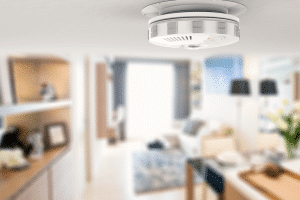
CO detectors are very safe and should be in every home.
Are CO Detectors Reliable?
Absolutely! CO detectors are your best bet on keeping you and your family safe. These detectors have always been designed to sound the alarm before potentially life-threatening levels of CO are reached. They have constantly been improved over time, and CO detectors now are as safe as they’ve ever been and are a household necessity.
Where Should a CO Detector be Placed?
Though it’s best to follow the manufacturer’s guidelines, there are general guidelines that should be followed.
Ideally, there should be a detector on every floor of your home. Install at least one detector in the hallway outside the bedrooms in each separate sleeping area of the home. If you have an attached garage or fuel-burning appliances, install a detector near those as well. Make sure furniture or drapes aren’t covering up the detectors.
How Should I Install a CO Detector?
While many say to follow the manufacturer’s instructions, it’s best to let the professionals take over and install it for you. With professional guidance, you won’t have to worry about if you’re installing it in the right place or if it’s working correctly. And this is something you definitely want to work correctly!
Speck Family Electric is Here to Keep You Safe
Carbon monoxide can be scary, but we’re here to keep you safe! Let us get you set up so we can give you peace of mind that you and your family are protected. Don’t forget, we can also professionally check your CO detectors for you every year so that you’re always good to go! We’re here to help our beloved Tennessee homeowners. We service those in Sparta, Chattanooga, Cookeville, Crossville, Gallatin, Lebanon, McMinnville, Mount Juliet, Murfreesboro, and Smithville.
Share this article
Follow us
Latest articles
July 19, 2025
June 17, 2025

